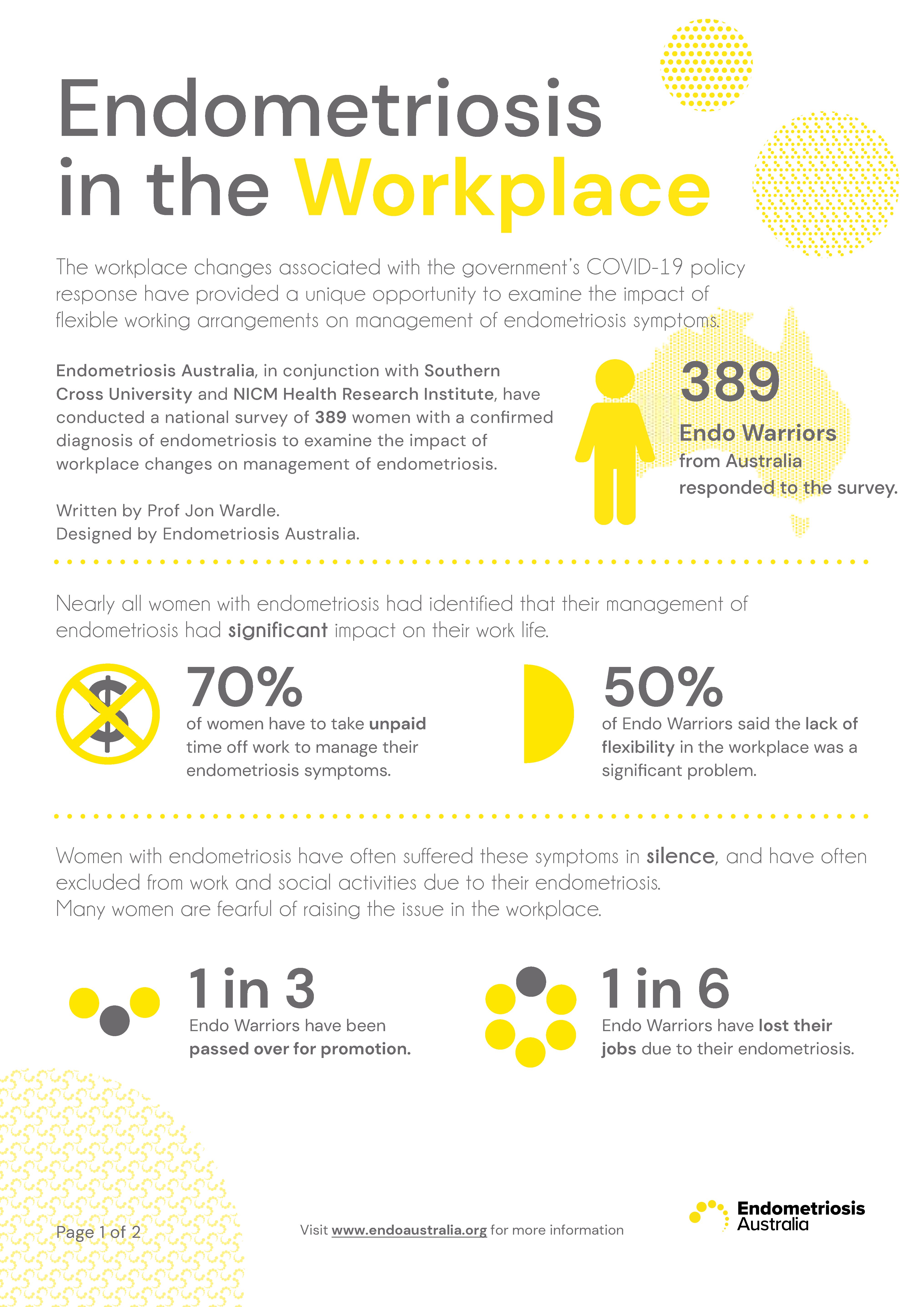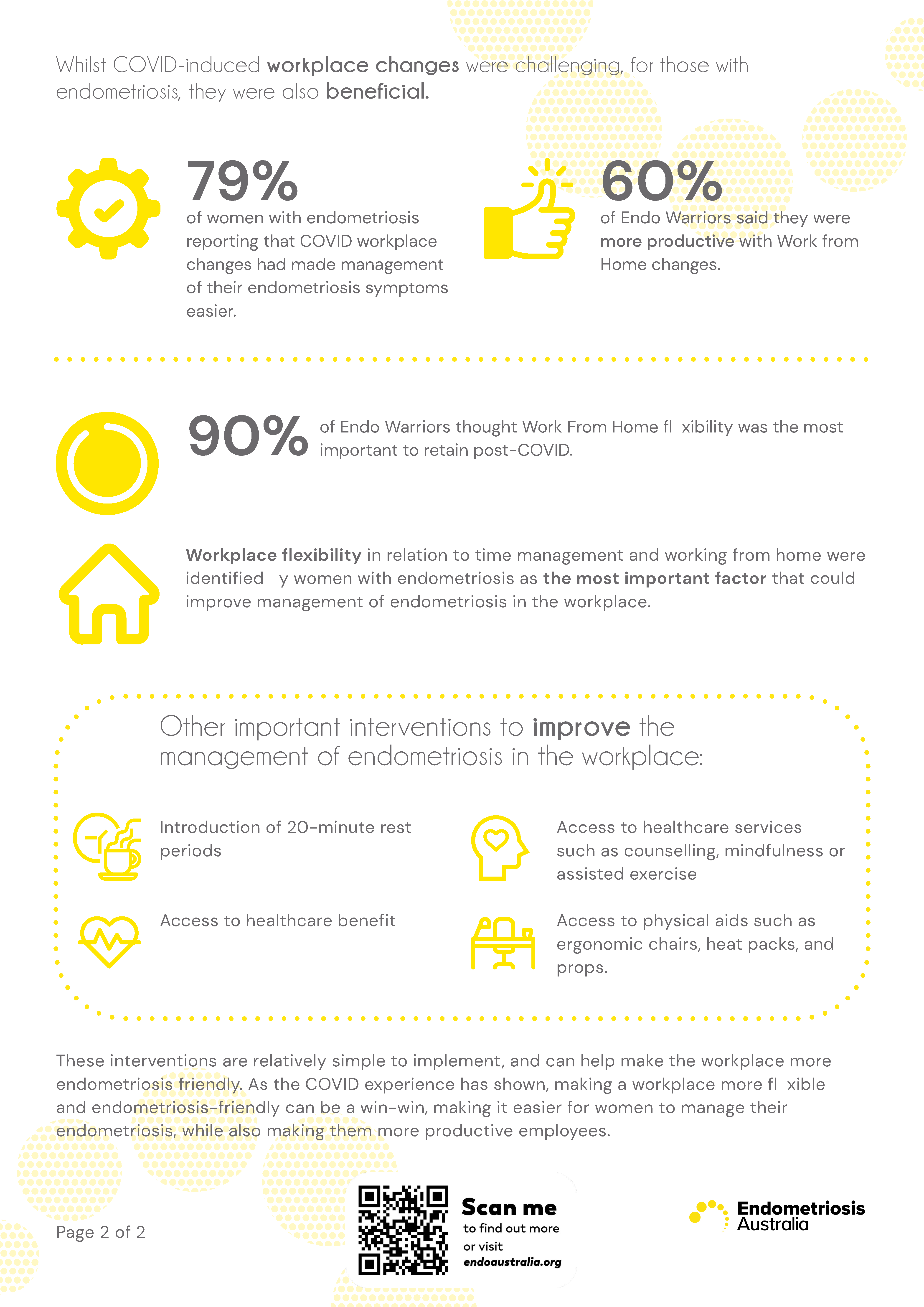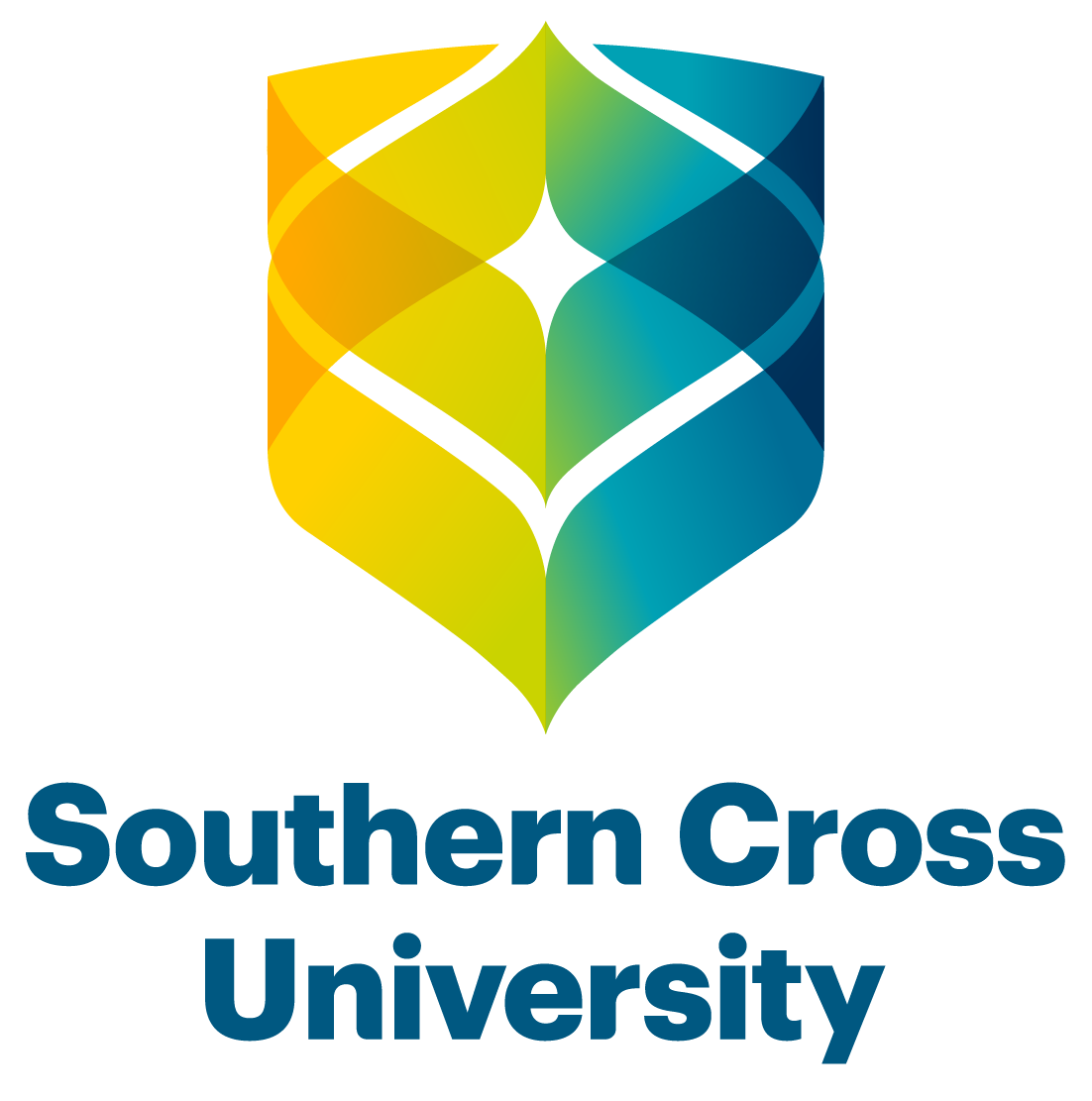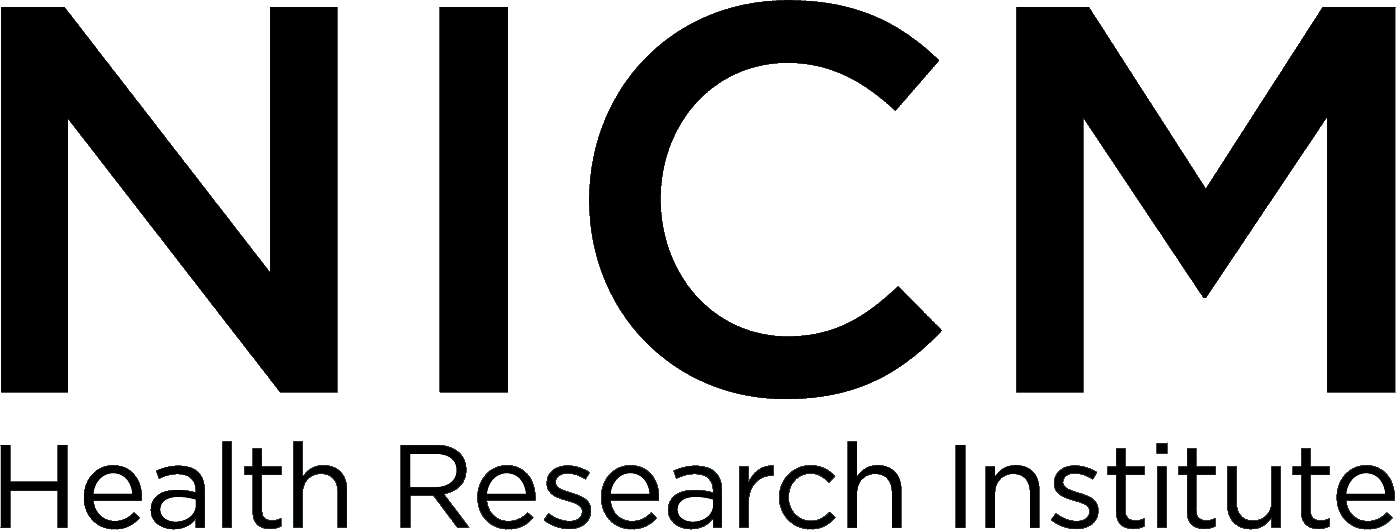EndoAware Workplace Accreditation Program for Employers

EndoAware: Workplace support for endometriosis
Endometriosis Australia’s Workplace Accreditation Program (EndoAware) will enable organisations to sustainably and strategically take meaningful action to support their employees with endometriosis.
EndoAware is being developed through a partnership between researchers at Western Sydney University and Endometriosis Australia. Each presentation, educational module, policy suggestion and support option is based on thoroughly researched evidence-based practices from Western Sydney University. Our primary goal is to empower workplaces to enhance their understanding of endometriosis, fostering environments of support.
By equipping workplaces with knowledge and resources, EndoAware provides tangible and practical benefits for employees suffering from endometriosis and employers, ultimately improving productivity and well-being for staff and their workplaces.
Interested in becoming an accredited EndoAware employer?
We are currently taking expressions of interest from organisations wishing to participate or learn more about the EndoAware workplace program. Please register your interest here or select the buttons below.
Understanding endometriosis: Beyond reproductive health and menstrual cycles
The current data shows that 1 in 7 Australian women and those presumed-female-at-birth (PFAB) by the age of 44-49 suffer from endometriosis. This means that endometriosis may be more common than diabetes. Yet many people have not heard of the condition, and it can take many years for someone to receive a diagnosis. This is partly because endometriosis is commonly associated with reproductive health and the menstrual cycle, often making workplace discussions challenging. It is important to note that endometriosis can affect the whole body regardless of the phase of the menstrual cycle and can occur even if the uterus is removed. While endometriosis is commonly associated with the menstrual cycle, it is not a menstrual disease per se.

EndoAware is developed by a strong partnership partnership between Endometriosis Australia and Western Sydney University, grounded in robust research and evidence-based practices across Australia.

Endometriosis Workplace Impact Study: Insights Informing Endo@Work Program Development
Endometriosis Australia’s recent research completed in partnership with experts from Western Sydney University, the University of Technology Sydney, and Southern Cross University is informing the development of our Endo@Work program and policy development with the following findings: one in six people with endometriosis will lose their employment due to managing the disease.
- one in three will be overlooked for a promotion.
- 70% have to take unpaid time off work to manage symptoms.
- 50% said lack of workplace flexibility was a significant problem.
- 79% reported that work-from-home protocols made managing their symptoms easier.
- 60% said they will be more productive working from home.
- 90% thought flexibility in hours and working from home could improve their management of endo in the workplace.
Those with endometriosis who gain and keep jobs attribute their success to flexible and reasonable workplaces and understanding and empathic managers and colleagues. COVID-19 restrictions (Work From Home) have demonstrated that for those with endometriosis, changes in working arrangements, mostly around the ability to self-manage working hours and rest breaks, improved their quality of life and productivity.*
*Endometriosis and the workplace: Lessons from Australia’s response to COVID-19 (Mike Armour, Donna Ciccia, Chelsea Stoikos, Jon Wardle)






